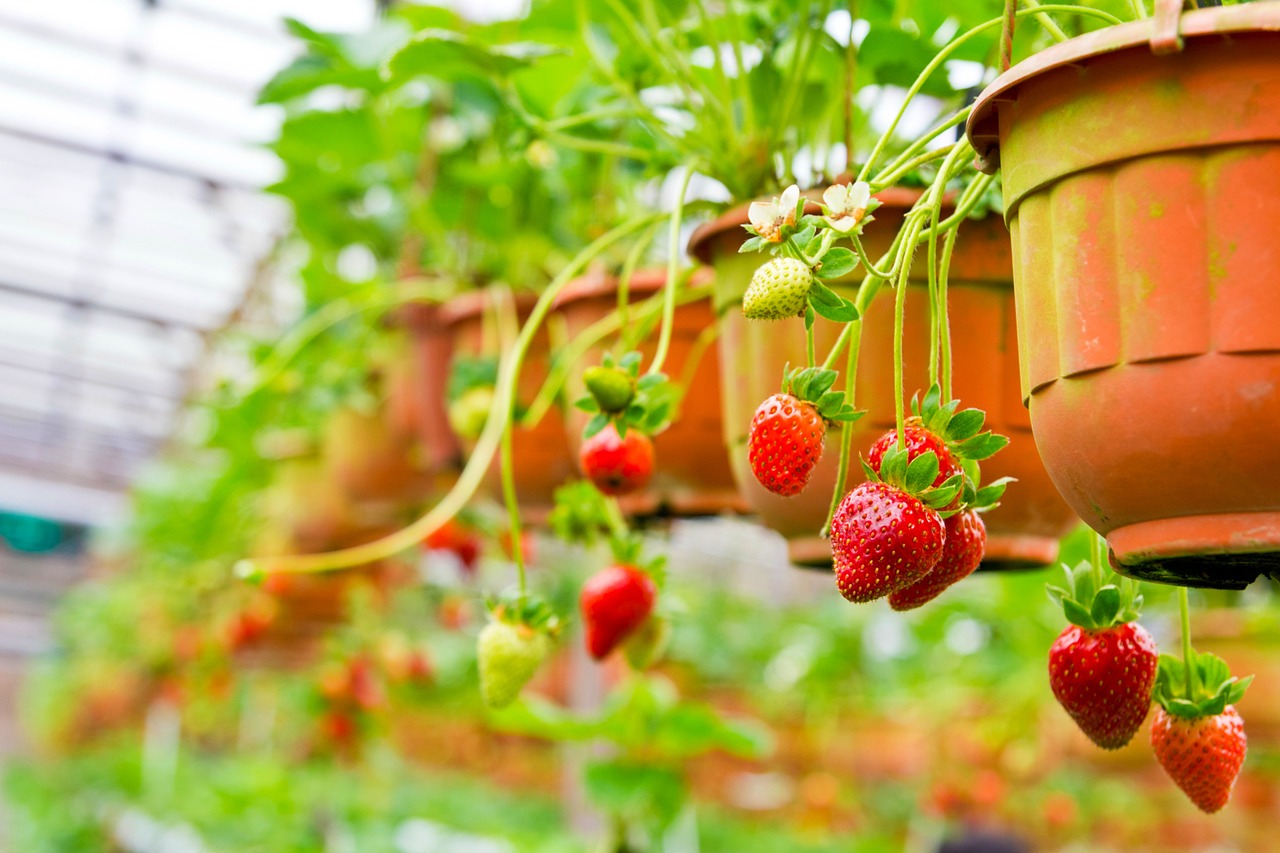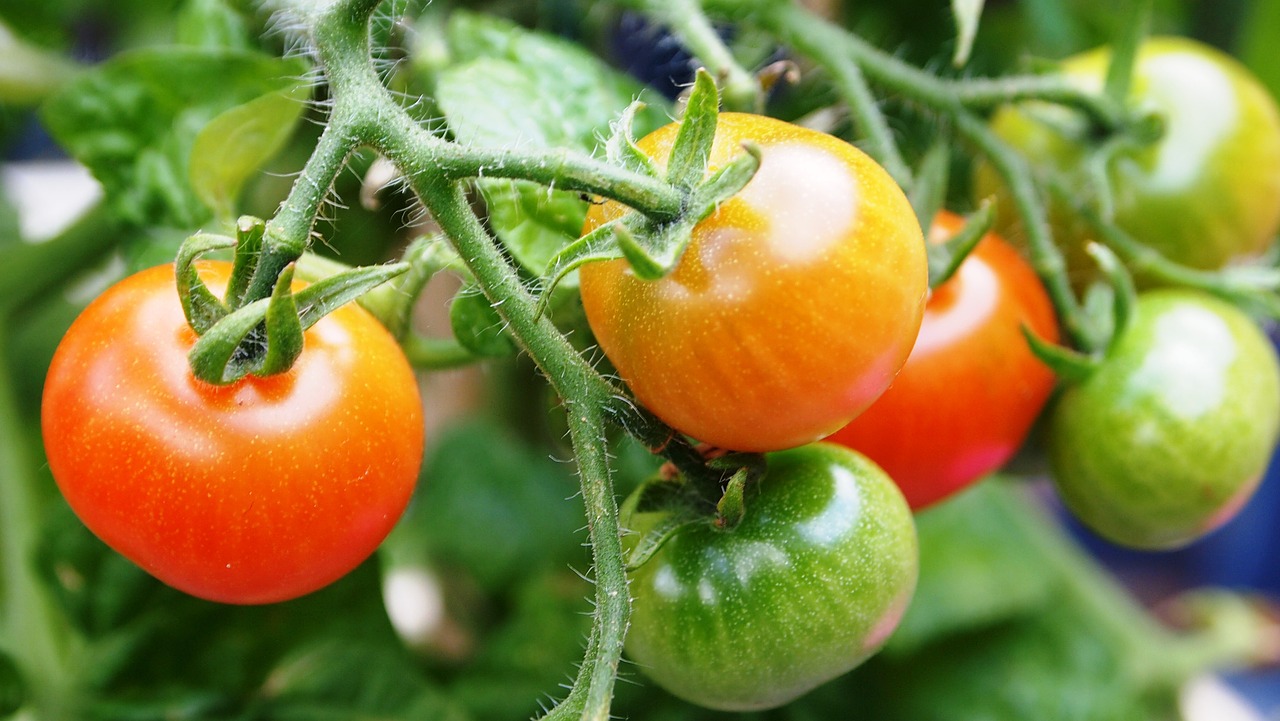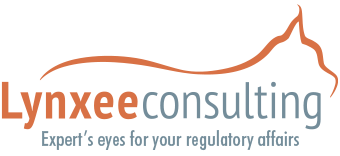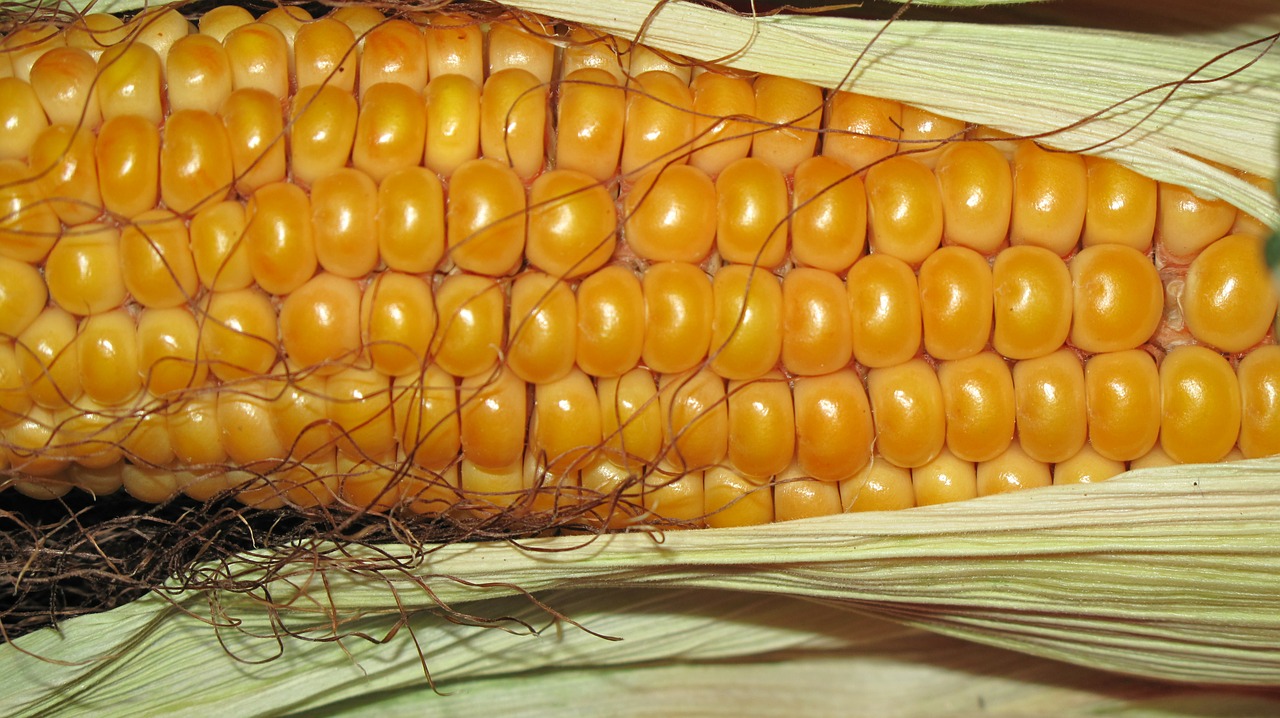
Sanco 12184 (14 July 2015) on emissions of PPP from protected crops to environment
30 July 2015
France: comparative assessment (Order and Guidance document)
3 August 2015The current guidance document is intended to facilitate the implementation of Article 52 of Regulation (EC) 1107/2009 in a harmonised and consistent way by Member States (MS).
Three basic conditions must be met in order for a MS to grant a parallel trade permit:
-
The plant protection product (PPP) for which an application is submitted is authorised in the MS of origin and the reference product in the MS of introduction;
-
The product from the MS of origin and the reference product in the MS of introduction are of identical composition (see Chapter 4);
-
An application is submitted in the MS of introduction.
Cases where conditions for parallel trade are not fulfilled:
Importation from third countries;
Introduction from a MS other than that stated in the parallel trade permit;
Parallel trade of paralleled traded products.
Procedure
In accordance with Regulation (EC) 1107/2009, a simplified procedure for parallel trade permit is provided with a very strict timeframe of 45 days for the examination and issuing of a decision. This period starts on the day when the application is considered as complete.
Criteria for granting parallel trade permits
-
Same Manufacturer for both the reference product and the parallel traded product; if different, information is provided from the MS of origin that this manufacturer operates as an “associated undertaking” or “under license” on behalf of the manufacturer of the reference product,
-
Same or equivalent packaging size, same material and equivalent form,
-
Same Specifications, content of a.s., safeners and synergists, and type of formulation,
-
Coformulants either identical or equivalent.
IMPORTANT!
In order to allow MS to evaluate the parallel trade permit application within the timeframe, 2 categories of coformulants were created and possible deviations determined.
Category 1: significant coformulants, essential for the functioning, the safety or stability of the PPP
Parallel traded PPP should contain the same Category 1 co-formulants (same CAS No.) and quantitative variations should only be accepted within a small margin (FAO tolerances).
Examples: adhesive (sticker), emetic, thickener, preservative, antioxidant, antifreeze, stabiliser, repellent, buffer, antifoaming agent, anti-caking agent, emulsifier, dispersing agent, propellant, wetting agent, solvent
Category 2: coformulants considered non-significant for the assessment of identity (little functional role in the PPP)
MS may exercise a greater degree of tolerance for both qualitative and quantitative changes in Category 2 co-formulants.
Examples: deodorant, dye, miscellaneous, free-flowing agent, carrier, binder
To be noted
-
Regulation (EC) 1107/2009 does not prohibit re-packaging of PPP. Nevertheless, this is a crucial step in the parallel trade of PPP that usually creates the most concerns for MS. In the case of deviations a decision will then be taken on a case-by-case basis.
Labelling requirements
-
The new label should contain exactly the same information as on the label of the reference product and must be in the national language(s) of the MS of introduction if required by the MS of introduction;
-
The name and address of the permit holder and the permit number should be included on the label;
-
The formulation batch number and the production date must clearly be displayed on the label;
-
The parallel trader should adhere to the requirements of the MS of introduction and the new label must be properly affixed in order to avoid that it tears off during handling and use;
-
If the product is re-packed, the name and the address of the company that is responsible for the packaging and labelling should also be included on the label.
Withdrawal or amendment of parallel trade permits
-
Parallel trade permits granted are subject to an amendment or withdrawal if the reference product has been amended or withdrawn;
Nevertheless parallel trade permits will remain valid when the authorisation of the reference product has been withdrawn by the MS of introduction following a request from the authorisation holder; -
On a case by case basis parallel trade permits granted are subject to withdrawal whenever the authorisation of the product of introduction has been withdrawn by the MS competent authority of origin for safety or efficacy reasons.
Renewal of parallel trade permits
-
Upon the expiry date of a parallel trade permit a new application needs to be submitted.
http://ec.europa.eu/food/plant/pesticides/guidance_documents/docs/wrkdoc18_en.pdf
Lynxee consulting’s team is at your disposal to prepare your application for a parallel trade permit.
Contact us! https://lynxee.consulting/en/contact/


